As ocean temperatures continue to rise, the world’s corals are dying off in startling numbers. Now Australian scientists have captured the exact process in an amazing series of time-lapse images.

READ MORE: Scientists plea for Australia to help save coral reefs
Using a microscope, digital camera and smart tablet, the researchers from Australia’s Queensland University of Technology produced a time-lapse video of the process coral undergoes as it dies.
Coral is an animal comprised of hundreds to thousands of small creatures called polyps that are extremely sensitive to temperature. Even a temperature difference of 1 to 1.5 C can cause it to undergo stress. Microscopic algae called zooxanthellae or Symbiodinium, live inside the coral’s tissue and provide the coral with their colour and about 90 per cent of the energy they need to grow and reproduce.
The researchers put a Heliofungia actiniformis coral into aquariums and simulated rising sea surface temperatures. As the coral underwent stress, it belched out the Symbiodinium.
“What’s really interesting is just how quickly and violently the coral forcefully evicted its resident symbionts,” said Brett Lewis, from QUT’s Science and Engineering Faculty.

Get daily National news
The scientists raised the temperature of the 10-litre aquarium from 26 C to 32 C over 12 hours. The coral stayed in the tank for eight days.
READ MORE: New study says bleaching has killed over a third of the coral in parts of the Great Barrier Reef
This type of coral — found in Australia’s Great Barrier Reef — is believed to be more resilient to bleaching, and the researchers believe it’s as a result of it expelling the Symbiodinium.
GALLERY: Coral bleaching
In the video, you can see the coral inflating itself to as much as 340 per cent its normal size and expelling a green plume — the Symbiodinium. Also shown is the coral ejecting the Symbiodinium through its oral openings.
“If the Symbiodinium is removed from the host and does not recolonize quickly, the corals can die,” said Luke Northdurft of the university’s marine facility. “Mass coral bleaching events are a concern for scientists globally with recent events on the Great Barrier Reef highlighting the threat of elevated water temperatures to the health of reef ecosystems.”
The intense El Niño event that took place from the fall to summer — one of the strongest on record — is believed to have prolonged the longest coral bleaching event on record, which began in 2014. It is still ongoing.


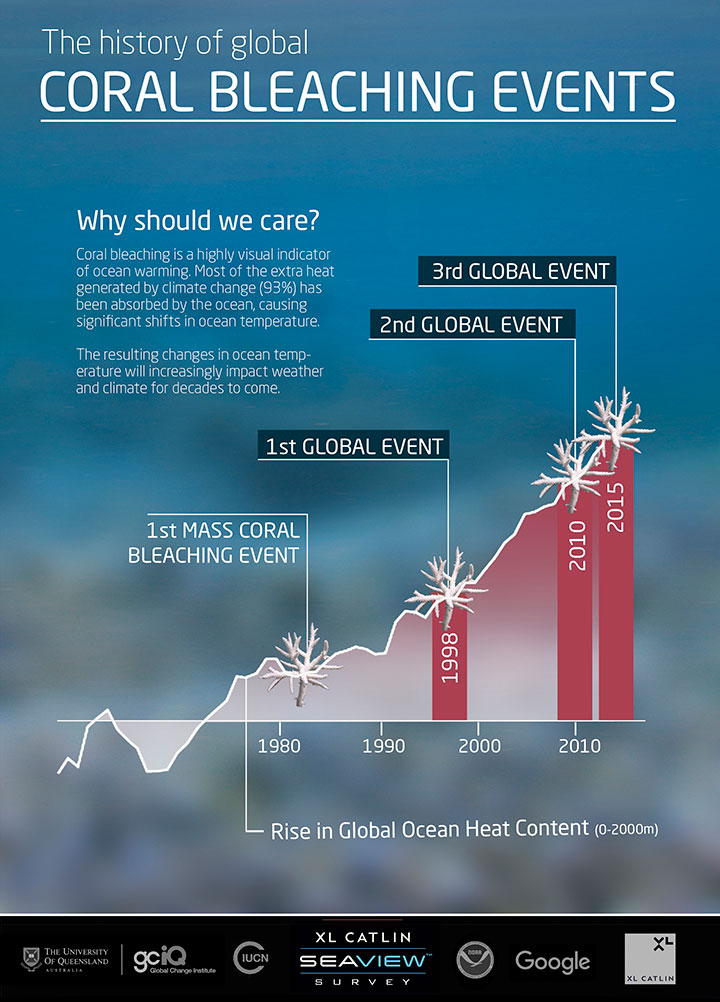

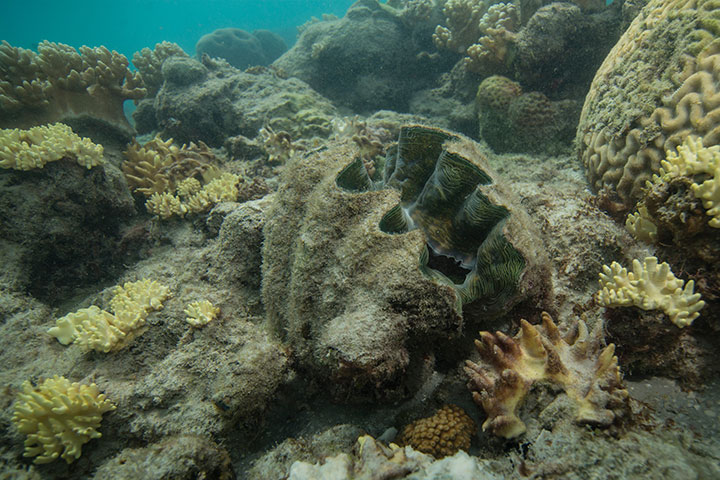

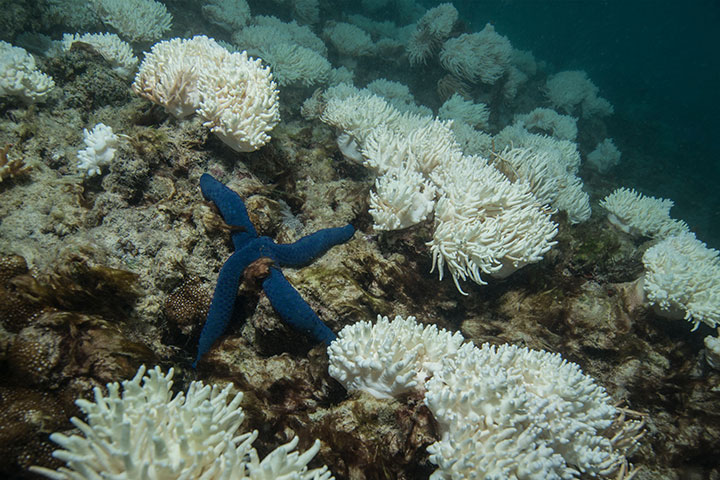

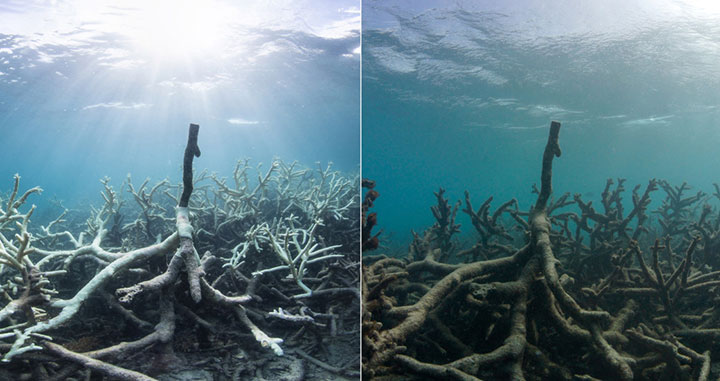

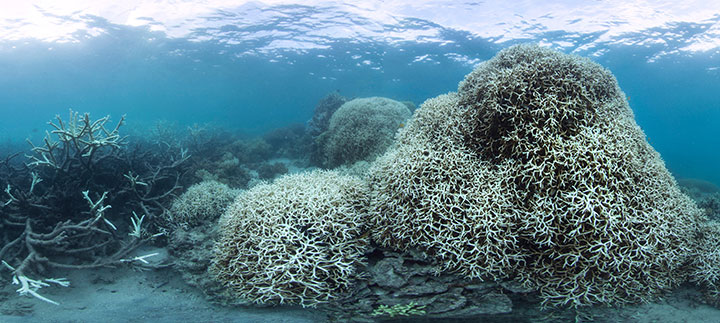
Comments